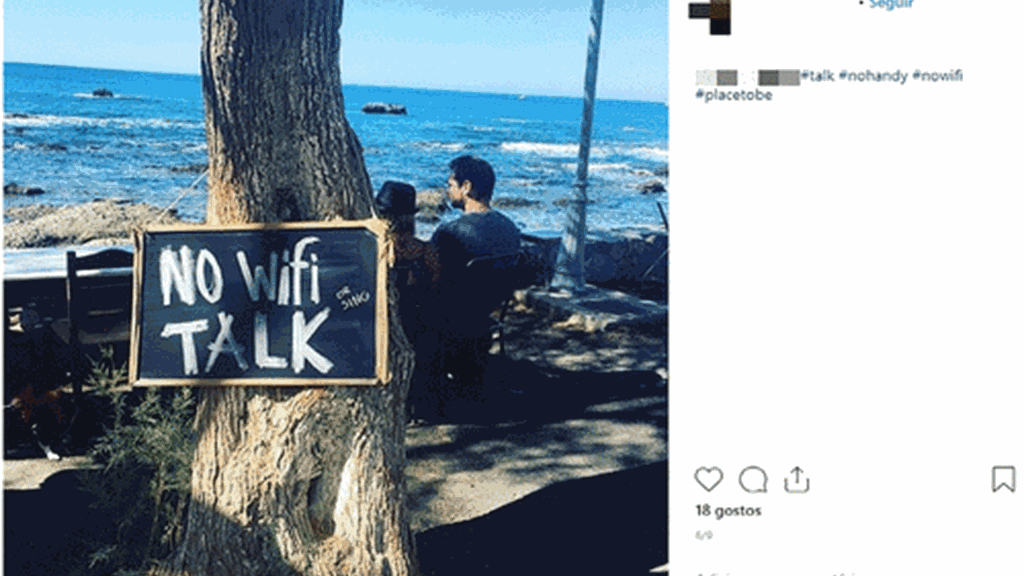DIS/CONNECT: individuals’ digital disconnection project kicks off in early February, to research how individuals use digital technologies and disconnect from them, with funding from EEA Grants Bilateral Relations Fund.
The project involves Portuguese partners Centro de Investigação em Comunicação Aplicada, Cultura e Novas Tecnologias (CICANT)/ COFAC and Católica Research Centre for Psychological, Family and Social Wellbeing, and Norwegian partners Department of Media and Communication of the University of Oslo and Department of Information Science and Media Studies of the University ofBergen.
DIS/CONNECT will conduct comparative research with Digitox project, led by Professor Trine Syvertsen, of University of Oslo, by focusing on qualitative studies.
In Portugal two studies, which are ongoing or finalized in Norway, will be replicated and adapted:
- (1) participant observation and interviews with participants in digital ‘detox’ activities or wifi locations;
- and (2) interviews to young people, between 15 and 18, about their use of digital media and disconnection experiences, in relation to their social environment.
The funding by EEA Grants Bilateral Relations Fund will also allow to conduct an academic workshop in Norway, a training session for students and young researchers, to support the preparation of scientific articles and reports, a stakeholders’ event, and a public seminar. The project will involve young researchers in training.
This project seeks to advance knowledge about individual strategies to deal with digital technologies, increasingly criticized for their ‘addictive’ design, strategies to capture data, and involvement or support to disinformation.
Although it can be anticipated that the context of global pandemics can force the workplan to be adapted, it is also believed that the topic of disconnection is acquiring new form at a moment when there is an unprecedented pressure to use digital technologies.
EEA Grants, the funder:
Through the Agreement on the European Economic Area (EEA), Iceland, Liechtenstein and Norway are partners in the internal market with the Member States of the European Union.
In order to promote the continuous and balanced strengthening of economic and trade relations, the parties of the EEA Agreement have established a multi-annual Financial Mechanism, known as the EEA Grants.
The EEA Grants aim to reduce social and economic disparities in Europe and to strengthen bilateral relations between these three countries and the recipient countries.
For the 2014-2021 period, a total contribution of 2.8 billion euros was agreed for the 15 beneficiary countries. Portugal will benefit from a budget of 102.7 million euros.
